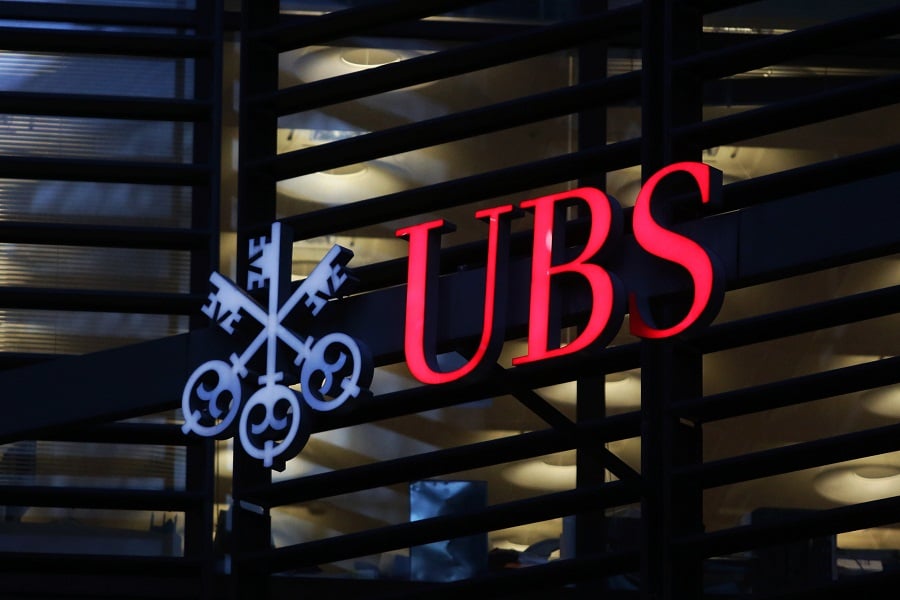

The Supreme Court will use an appeal by a fired UBS Group AG research strategist to decide how hard it will be under a federal investor-protection law for whistleblowers to win suits claiming retaliation.
The justices said Monday they will hear arguments from Trevor Murray, who is seeking to reinstate a $900,000 jury verdict he won on allegations that he was fired for refusing to skew his reports to help the company’s business strategies.
A New York-based federal appeals set aside the verdict, saying that under the 2002 Sarbanes-Oxley Act Murray should have been required to prove that UBS intentionally retaliated against him. Other federal appeals courts have said employees don’t have to show intent.
Employees have filed more than 750 Sarbanes-Oxley claims with the Labor Department over the past six years. The law was enacted following the corporate fraud that toppled Enron Corp. and WorldCom Inc.
Murray told the Supreme Court the Sarbanes-Oxley whistleblower protections “are critical to the integrity of the national economy.”
The Sarbanes-Oxley Act says employers may not “discriminate against an employee” because the worker reported financial wrongdoing.
Murray says Sarbanes-Oxley incorporated a standard used in at least 10 other whistleblower laws, requiring employees to show only that their protected activity was a “contributing factor” to a decision to fire or demote them.
UBS urged the Supreme Court not to hear the case, saying the 2nd US Circuit Court of Appeals decision squares with the “unambiguous, ordinary meaning” of the statute. The Swiss bank is represented by Eugene Scalia, son of the late Justice Antonin Scalia.
Murray worked in support of UBS’ commercial mortgage-backed securities business. His suit described a “concerted, extended effort” by managers and colleagues to get him to write bullish assessments.
UBS said Murray’s termination was part of a broader staffing reduction driven by the bank’s financial difficulties at the time. UBS cited the impact of a $2 billion loss by a rogue trader at its London office five months before the firing.
The case, which the court will hear in its 2023-24 term, is Murray v. UBS, 22-660.

Some in the industry say that more UBS financial advisors this year will be heading for the exits.

The Wall Street giant has blasted data middlemen as digital freeloaders, but tech firms and consumer advocates are pushing back.

Research reveals a 4% year-on-year increase in expenses that one in five Americans, including one-quarter of Gen Xers, say they have not planned for.

Raymond James also lured another ex-Edward Jones advisor in South Carolina, while LPL welcomed a mother-and-son team from Edward Jones and Thrivent.

MyVest and Vestmark have also unveiled strategic partnerships aimed at helping advisors and RIAs bring personalization to more clients.
Orion's Tom Wilson on delivering coordinated, high-touch service in a world where returns alone no longer set you apart.
Barely a decade old, registered index-linked annuities have quickly surged in popularity, thanks to their unique blend of protection and growth potential—an appealing option for investors looking to chart a steadier course through today's choppy market waters, says Myles Lambert, Brighthouse Financial.
